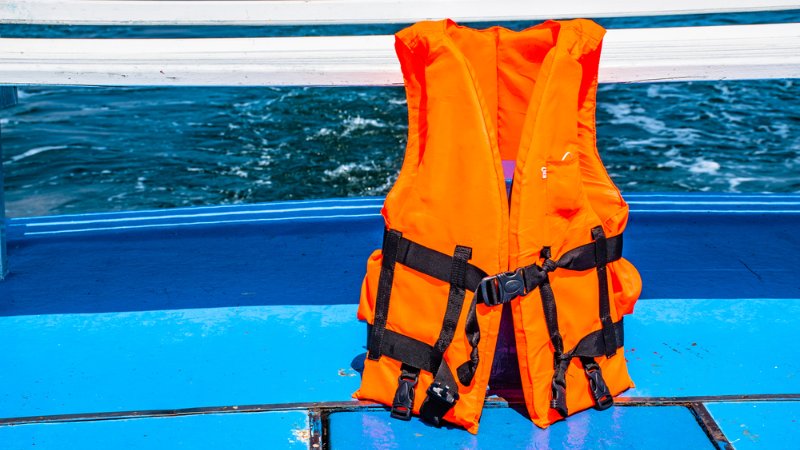According to reports, Arizona is experiencing a surge in watercraft accidents. The dangerous trend is forcing lawmakers to push for better boaters’ safety education. While the state urges change, it does not alter the risks of injuries and damages from future accidents. Anyone on the water needs to acknowledge the risks and learn how to react after a boating accident.
1. Perform Headcount and Move to Safety

All collisions are traumatic, but accidents on the water can quickly escalate. The aquatic element introduces the risk of death from drowning, especially if the initial impact causes loss of consciousness.
When involved in a boating collision, you need to act fast. Look around you, making sure to count all your passengers. If everyone is accounted for, you can attempt to move to safety, which may be the boat or dry land.
2. Provide Emergency First Aid After a Boating Accident
When you and your passengers are in a safe space, you should assess your injuries and those of other victims. Apply emergency first aid techniques to stop or slow bleeding and treat injuries.
You also want to work to keep all the victims alert. Accidents can lead to shock, which can be dangerous, especially without medical intervention.
3. Call 911
As you are treating your passengers or immediately after, call 911. You need to report the accident to emergency services. When an accident takes place in the water, it is recommended to use the emergency line rather than call the physical police station. After a boating accident, you may not know who else was in the water or if the boat jeopardizes public safety.
4. Remain at the Scene
During and after a collision, your body enters fight-or-flight mode. Your brain floods your body with adrenaline, and you may not be thinking rationally. The panic following an accident can cause people to feel an urgency to run away from the scene. Do not flee the accident. Leaving the scene can cause legal trouble and potentially lead to criminal prosecution.
5. Go to Your Doctor After a Boating Accident
You might feel OK after the accident and even deny emergency medical attention because you do not see any injuries or feel pain. However, regardless of how you feel following the incident, you should go to your primary care physician. The same adrenaline rush that can give you poor judgment can also mask pain. Too many people avoid treatment only to face the reality of injury days or weeks later.
6. Contact an Attorney After the Accident
Whether you intend on suing or not, you should schedule a consultation with an injury attorney in Phoenix to discuss the accident. Schedule an appointment with a lawyer versed in boating law and typical damages. A legal professional can help you determine whether a claim is worth arguing.
A boating accident is a traumatic and confusing experience. Safety is the most important thing following a collision, but ensuring you minimize future financial hardship resulting from the accident is also important. Contact Sargon Law Group for a free consultation.
